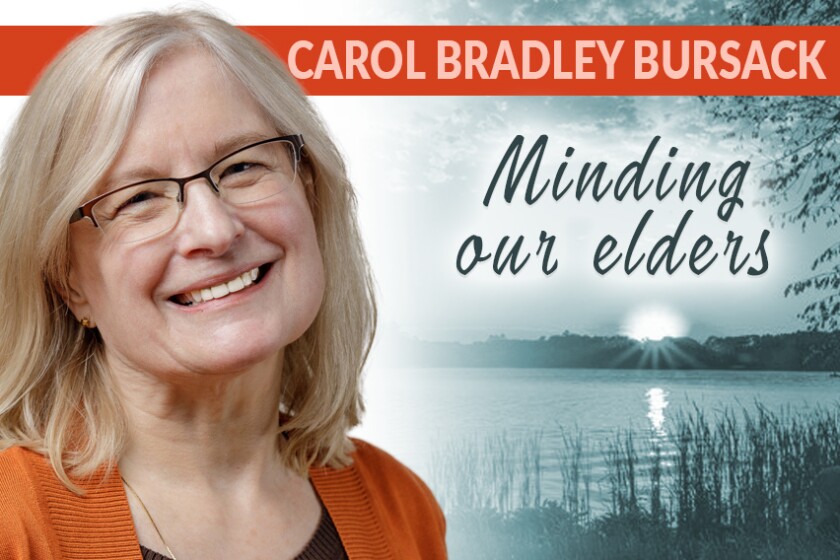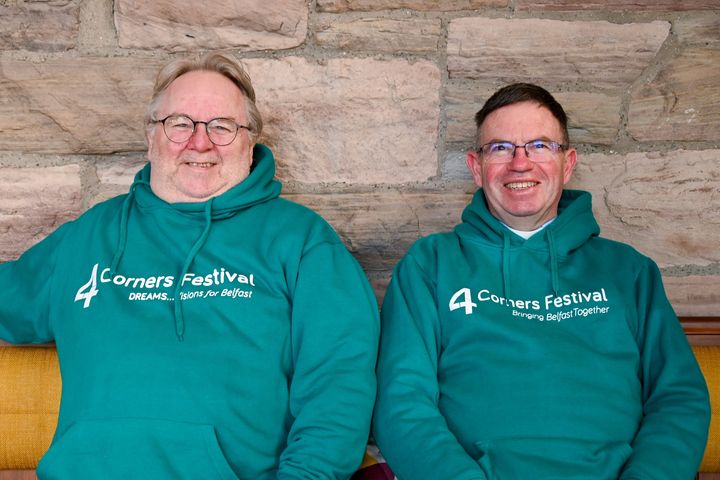
Dear Carol: Over years of caring for my husband who had a combination of vascular dementia and Alzheimer’s, I found myself gradually becoming less a wife and more a caregiver. I mourned the change, but reality demanded that I do my best considering the circumstances. Last year, I had him admitted to a memory care facility for his safety, though I still spent most of each day with him.
He passed peacefully three months ago. The mad scramble of legal and practical demands has settled down and the people who were so sympathetic after he passed have gone on with their lives. I’m left ruminating over that time and second-guessing nearly every step I made as his caregiver.
I know I did my best, yet I feel I should have done better. I’m not asking you to fix this so much as just feeling a need to share how heartbroken and guilt-ridden I am. I miss him terribly and would love a do-over.
– HL Dear HL : I’m so sorry about your husband’s passing and sad about all you’ve been through. No one can know what caring for someone with dementia is like unless they’ve done it. Even then, each of us is having a unique experience due to personal circumstances and the fact that each individual with dementia will be different in many ways from any other.
We, as caregivers, know this, yet most of us still second-guess ourselves during our years of caregiving. This self-doubt often becomes even more intense after the person we’ve cared for has passed. Why is that? In caregiving, there are rarely any good answers.
We try our best to decide which of several bad choices presented is least egregious for our loved one’s quality of life, and then we — and they — must live with the mostly unpredictable consequences. It doesn’t help that, well-meaning or otherwise, people judge from the outside with all their presumed wisdom. The reality is if it were all that easy, none of us would need to struggle with imperfect or even awful choices.
In your heart, you know this, HL, but it bears repeating during your time of intense grief. Did you get angry at times when nothing went right? That’s human. Did you let your husband skip a medical appointment because he fought it, even if technically the best thing for him was that he should have gone? You did what you could.
Likely as not, you were an imperfect, but wonderful caregiver at home. Yet the time came when your husband’s safety, and likely yours, made a move to memory care necessary. Memory care can be a godsend, but they, too, are imperfect.
So, you visited daily to make sure he received good care, and to remind him that you love him. No one could have done this better. Blessings to you now as you recover from your trauma.
I urge you to get counseling to help you sort through your grief and your unearned guilt. My heart is with you..














